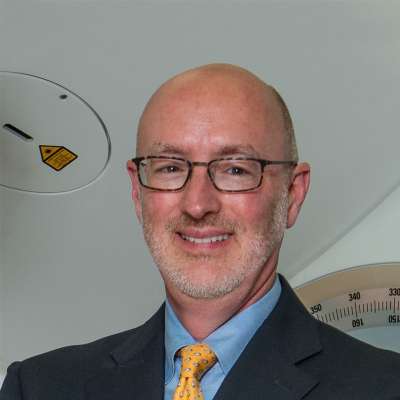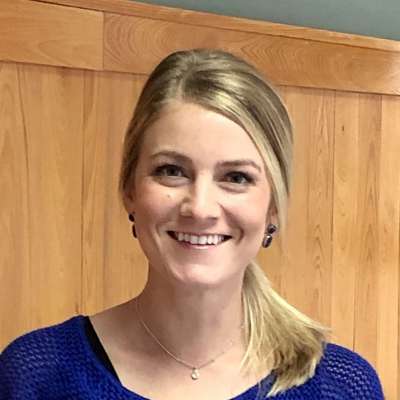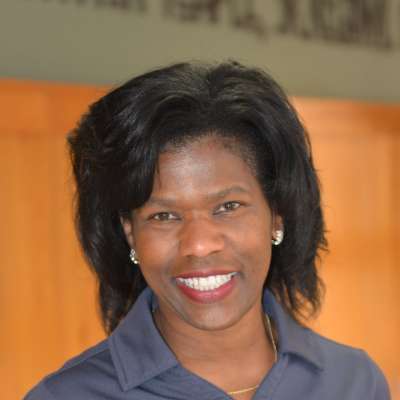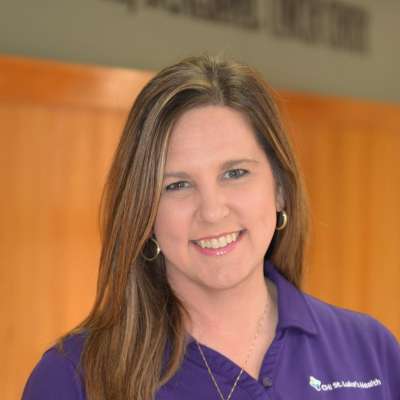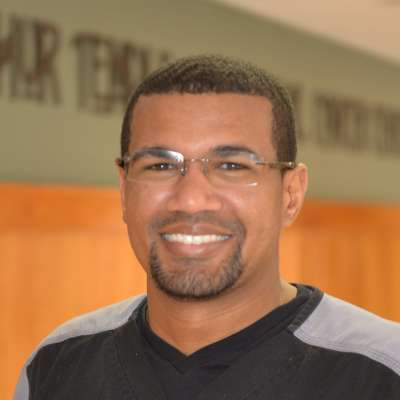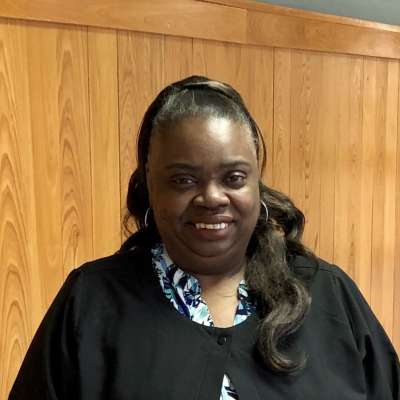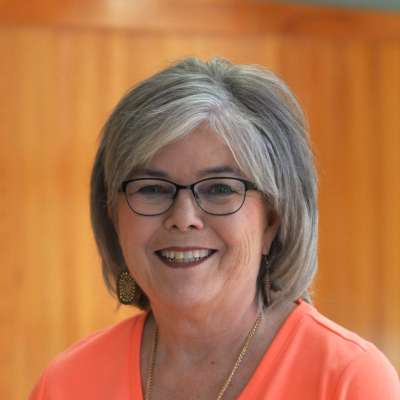Healthcare reform may be the most polarizing issue today. Depending on your point of view, you are either eagerly anticipating or just dreading the changes that are happening. Either way, we can all agree there is profound upheaval in the system. We are in the middle of an earthquake waiting for the ground to stop shaking.
While the focus on Obamacare has been on the individual’s access to healthcare, we need to remember that our hospitals are feeling the earth move underneath them as well. When hospitals are merely trying to survive may not the best time to consider what a hospital is and does, but I believe it is exactly when we need to take a step back and focus on mission.
A hospital is, first and foremost, an institution to take care of the sick. The Latin root for hospital is the same root for hospice and hospitality. Hospices in the Middle Ages were way stations for pilgrims who needed a place to rest/ Today, hospices are known for end-of-life care for those on their final journey. And the word hospitality denotes kindness and generosity. What a great family or words! Hospitals should provide comfort for travelers on a journey – a journey from illness to wellness. And that hospitality should be extended to all.
We, as a country, have decided that healthcare is not a universal right, in that not everyone (even under Obamacare) will have free care. Yet, we can’t seem to decide what level of individual responsibility (either in terms of healthy lifestyle choices, like smoking, for example, or huge deductibles which the average person cannot afford) goes along with whatever care we do receive. That leaves us with a broken system of inflated billing and inadequate reimbursement that continues to leave a good number of our sick not only without resources but with outrageous bills.
And, unfortunately, the government is placing more and more burden on the hospital to make sure that patients not only receive high quality care in the hospital, but are taking their medicine and seeing their doctor once they are back at home. The hospital is now supposed to be Big Brother. If a patient is readmitted to the hospital too soon after being discharged, the hospital does not get paid for that stay, even if it was because the patient was noncompliant with their own care outside the hospital. One can argue the fairness of regulations such as this, but all hospitals are required to play the same game now, and some will be better at it than others.
I would argue, some will have better results than others in the new quality outcomes paradigm because they “cherry pick” their patients based on ability to pay. That brings me to my main point: We must not let a divided system of care (non-profit versus for-profit) keep the sick from accessing care.
As a non-profit institution, Memorial has a mission to provide care for all, regardless of ability to pay. In an era of declining reimbursement, for-profit institutions – who report to investors – are increasingly turning away those without insurance (except in emergency situations, where federal law requires care to be administered to stabilize a patient). All hospitals operate on a tight margin, and non-profit hospitals (especially those outside of metropolitan markets) are increasingly feeling the pinch. We in Lufkin have an ongoing obligation to provide non-profit care locally so that OUR mission of compassion in Lufkin can continue. It is what our community forefathers established. It is what hospitality demands.


